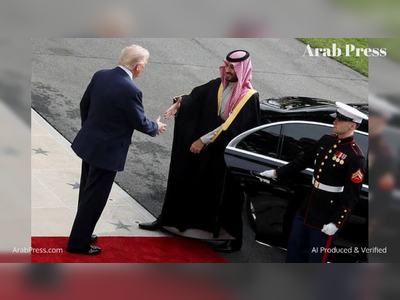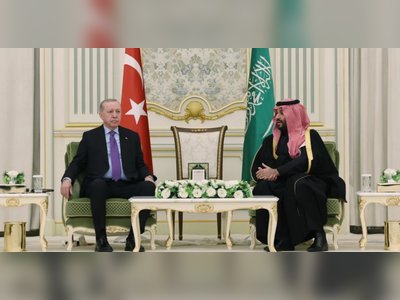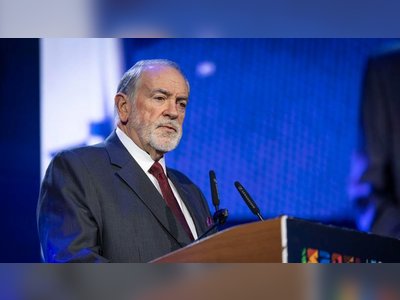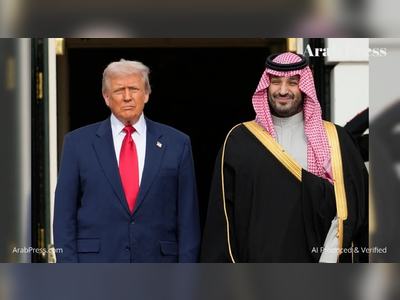US Mideast Strategy: Unwavering Support for Israel Under Trump and Harris
Israeli Prime Minister Benjamin Netanyahu's recent visit to the United States underscored the continuity of Washington's Middle East strategy, irrespective of who is in the White House. Despite media portrayal of Kamala Harris and Donald Trump as opposites, both presidential candidates adhere to a policy of supporting Israel's dominance in the region. Both candidates lack a strategy for peaceful solutions and perpetuate the region's violence, viewing it through a lens of geopolitical rivalry.
Israeli Prime Minister Benjamin Netanyahu's recent visit to the United States underscored the continuity of Washington's Middle East strategy, irrespective of who is in the White House.
Despite media portrayal of Kamala Harris and Donald Trump as opposites, both presidential candidates adhere to a policy of supporting Israel's dominance in the region.
The strategy involves close ties with Israel and the formation of regional alliances to counter Iran.
The Obama administration's temporary shift towards diplomacy with Iran through the JCPOA was reversed by Trump, who pursued the Abraham Accords to normalize relations between Israel and several Arab states.
Biden, despite initial promises to revive the JCPOA and end the Yemen war, has largely continued Trump's policies.
Recent developments, such as the proposed India-Middle East-Europe Economic Corridor and talks of an 'Arab NATO,' remain anchored in the assumption of Israel's regional leadership.
The October 7, 2023, Hamas offensive shattered US plans, resulting in unequivocal support for Netanyahu's aggressive policies.
Kamala Harris, although branded as progressive, shares a similar stance to Biden, balancing her pro-Israel donors and a voter base sympathetic to Palestinians.
Trump, bolstered by billionaire Miriam Adelson's support, is overt about his pro-Israel and anti-Iran agenda.
Both candidates lack a strategy for peaceful solutions and view the region through a lens of geopolitical rivalry with China and Russia, thus perpetuating violence.
Despite media portrayal of Kamala Harris and Donald Trump as opposites, both presidential candidates adhere to a policy of supporting Israel's dominance in the region.
The strategy involves close ties with Israel and the formation of regional alliances to counter Iran.
The Obama administration's temporary shift towards diplomacy with Iran through the JCPOA was reversed by Trump, who pursued the Abraham Accords to normalize relations between Israel and several Arab states.
Biden, despite initial promises to revive the JCPOA and end the Yemen war, has largely continued Trump's policies.
Recent developments, such as the proposed India-Middle East-Europe Economic Corridor and talks of an 'Arab NATO,' remain anchored in the assumption of Israel's regional leadership.
The October 7, 2023, Hamas offensive shattered US plans, resulting in unequivocal support for Netanyahu's aggressive policies.
Kamala Harris, although branded as progressive, shares a similar stance to Biden, balancing her pro-Israel donors and a voter base sympathetic to Palestinians.
Trump, bolstered by billionaire Miriam Adelson's support, is overt about his pro-Israel and anti-Iran agenda.
Both candidates lack a strategy for peaceful solutions and view the region through a lens of geopolitical rivalry with China and Russia, thus perpetuating violence.











